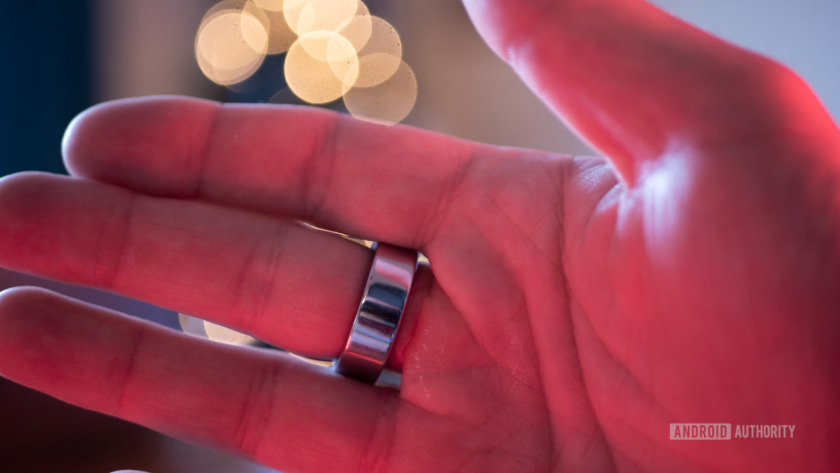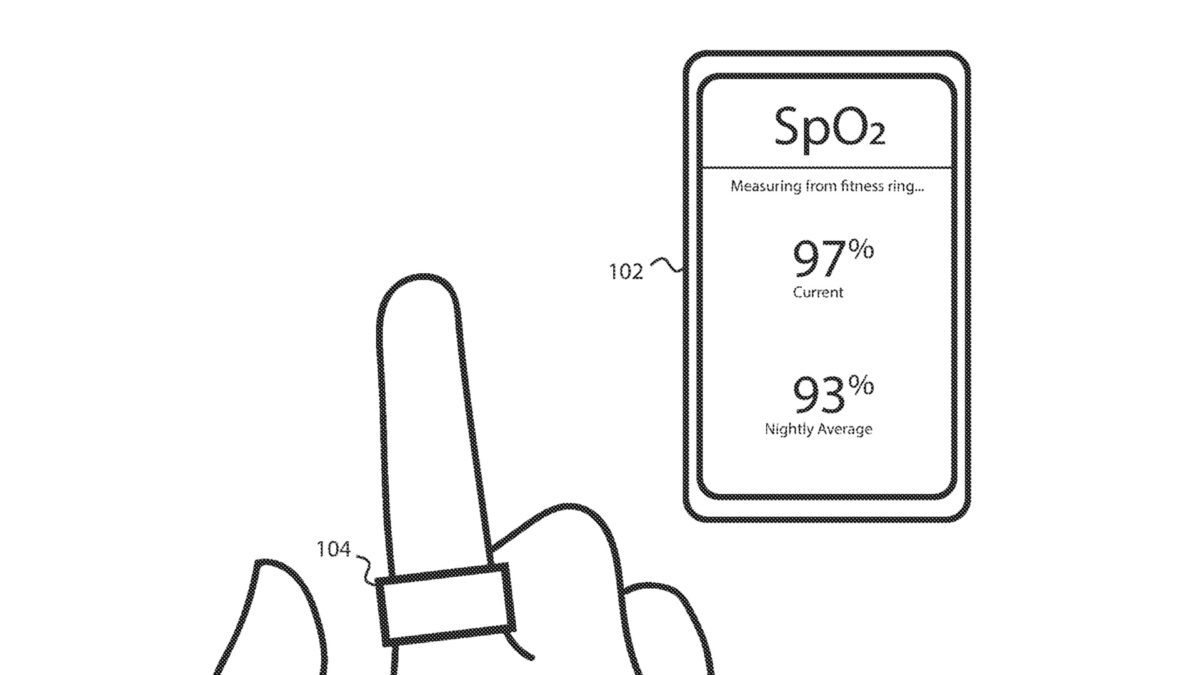
- Fitbit has filed for a patent on a smart ring that tracks blood oxygen and pressure levels.
- It would uses a sensor that delivers medical-quality results.
- It might even include NFC for tap-to-pay services.
Google might one day have a fitness ring that takes on rivals like Oura. As TechRadar and Wareable report, the company’s Fitbit brand has applied for a US patent on a smart ring that would track your blood oxygen and pressure using medical-level sensor technology.

Where many wearable devices use reflected light to measure blood oxygen, the Fitbit ring would behave like a clinical pulse oximeter that passes light through your skin to a photodetector. That should reduce noise and improve accuracy for blood oxygen measurements while also making it feasible to track blood pressure and sugar levels, among other data.
The Fitbit invention’s appeal, like with other fitness ring tech, is clear — you could track your health with a wearable more discreet than a smartwatch or wrist-worn activity tracker. High-accuracy measurements would give the device an edge over competing rings that might compromise quality in the name of size or price.
Read more: The best fitness trackers
Whether or not this becomes a practical reality is less certain. This is just a patent application, not a product roadmap, and there are no guarantees you’ll see a Fitbit ring on store shelves. The filing shows Fitbit has seriously explored the concept, but not much more.
The competitive landscape is also hostile. Oura is faring well enough, but other smart ring makers have fallen by the wayside. Motiv dropped its consumer ring soon after a digital authentication startup bought it out, and even Amazon discontinued the Echo Loop rather than expand sales beyond an invitation-only system. Fitbit and its parent Google might just decide that a fitness ring is too risky, even if the technology is up to snuff.